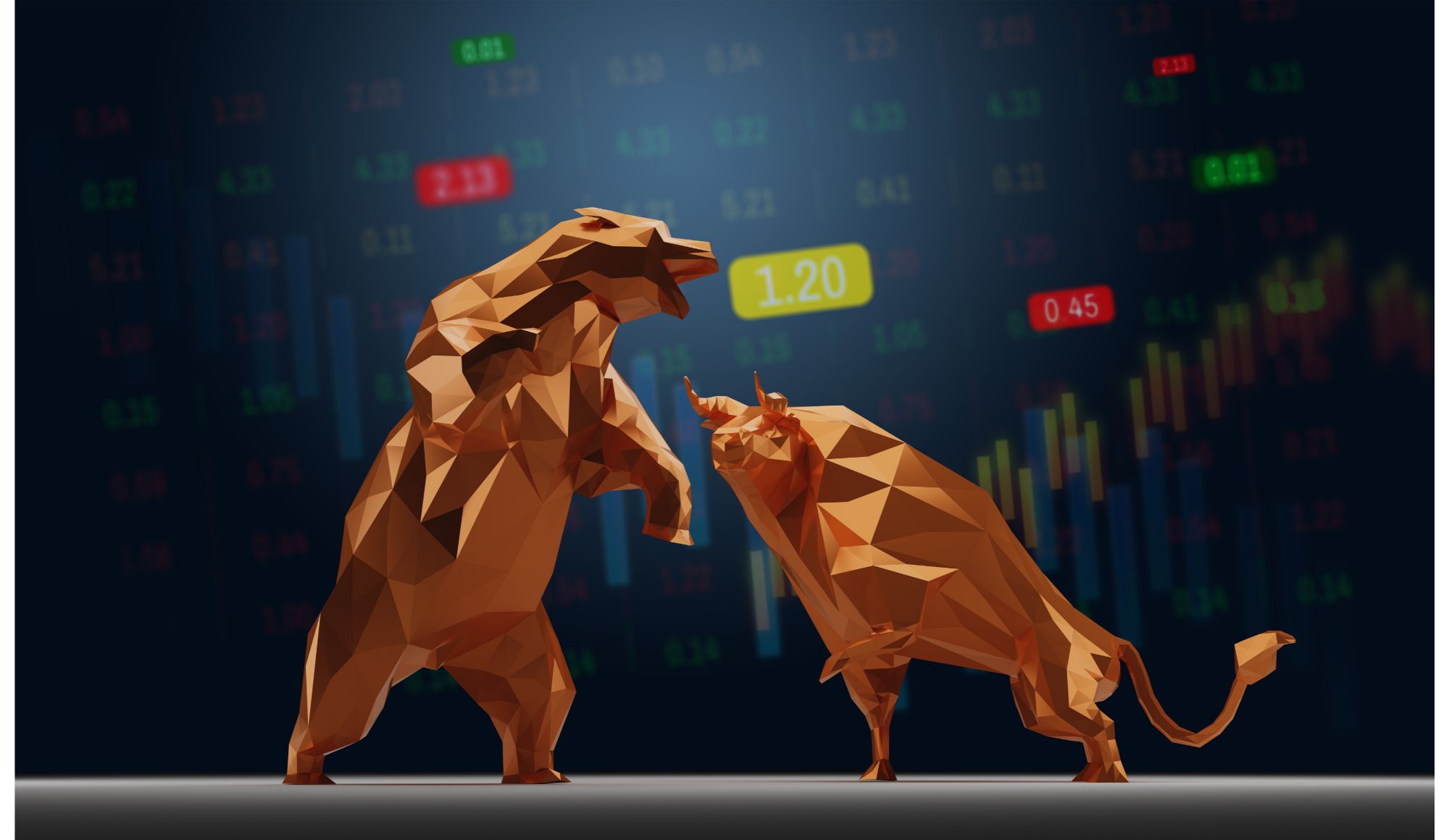How Long Will The Bear Market Last?
A bear market is characterized by a decline in stock prices and negative investor sentiment. It can be a difficult time for investors as they watch their portfolio values decrease and may be unsure about when the market will recover. So how long do they usually last? How far do share prices usually fall? And what can you expect after the bear market ends?
How Long Do Bear Markets Typically Last?
The length of a bear market can vary significantly, with some lasting just a few months and others dragging on for several years. According to research by JP Morgan Asset Management, the average bear market since 1900 has lasted just over a year, with a median duration of just under 11 months.
However, it’s important to note that this average includes both short and long bear markets, so it’s not necessarily indicative of how long any individual bear market will last.
One way to get a sense of how long a bear market might last is to look at historical precedents. For example, the bear market that followed the dot-com bubble in the early 2000s lasted just over two years, while the Great Recession bear market lasted just under three years.
These examples suggest that bear markets can last anywhere from a couple of years to several years, depending on the underlying causes and the severity of the market downturn.
How Much Does the Dow Jones Industrial Average Fall During Bear Markets?
The Dow Jones Industrial Average (DJIA) is generally used to track institutional (big money) buying, so it’s worth considering how much it typically falls during bear markets.
According to data from Yardeni Research, the average decline for the DJIA during bear markets since 1900 has been just over 30%. This includes both short and long bear markets, so the actual decline in any individual bear market could be amplified. For example, during the Great Recession bear market, the DJIA fell over 50% from its peak.
In contrast, the bear market following the dot-com bubble saw the DJIA fall just over 30% from its peak. These examples show that the DJIA can fall significantly during bear markets, but the magnitude of the decline can vary depending on the underlying causes and severity of the market downturn.
How Long Do Bull Markets Last On Average?
A bull market is characterized by rising stock prices and positive investor sentiment. After a bear market, investors are often eager to know how long the bull market will last so they can take advantage of the rising stock prices. According to research by JP Morgan Asset Management, the average bull market since 1900 has lasted just over four years, with a median duration of just over three years.
However, it’s important to note that this average includes both short and long bull markets, so it’s not necessarily indicative of how long any individual bull market will last.
One way to get a sense of how long a bull market might last is to look at historical precedents. For example, the bull market that followed the Great Recession lasted just over nine years, while the bull market that followed the dot-com bubble lasted just over five years. These examples suggest that bull markets can last anywhere from a few years to over a decade, depending on the underlying economic conditions and the strength of the market recovery.
The Bottom Line
In summary, bear markets can last anywhere from a few months to several years, depending on the underlying causes and the severity of the market downturn. The Dow Jones Industrial Average (DJIA) can fall significantly during bear markets, with an average decline of just over 30% since 1900.
Bull markets, on the other hand, can last anywhere from a few years to over a decade, depending on economic conditions and the strength of the market recovery.
It’s important to keep in mind that these are just averages, and individual bear and bull markets may deviate significantly from these trends. It’s also worth noting that past performance is not necessarily indicative of future results, so investors should be cautious when trying to predict when the bear market will end or how long the subsequent bull market will last. It’s always a good idea to diversify your portfolio, manage risk appropriately, and consult with a financial advisor before making investment decisions.



